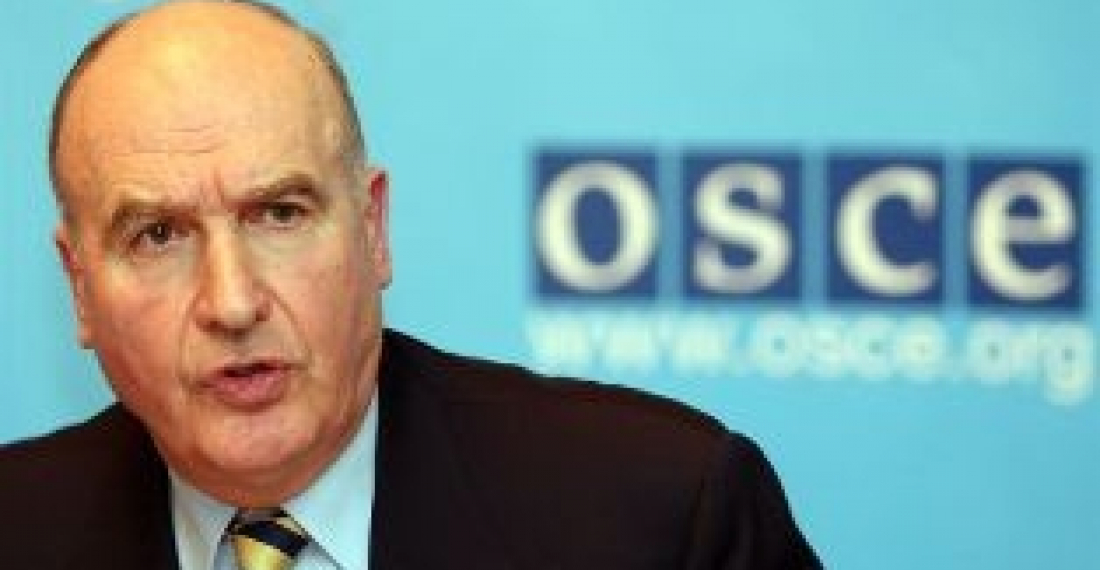Новая война в Нагорном Карабахе – не выход и неразумно даже для Азербайджана. Об этом на пресс-конференции 21 декабря в Ереване заявил завершивший свою посредническую миссию на посту сопредседателя Минской группы ОБСЕ от Франции Бернар Фасье.
По его словам, нагорно-карабахский конфликт не может иметь военного решения. Дипломат подчеркнул роль СМИ в плане содействия или противодействия цели по достижению урегулирования, напомнив о недопустимости некомпетентных комментариев и тем более построения информации на этих заявлениях.
«Война никогда не может быть выходом, новая война – это новое кровопролитие, беженцы», - отметил Фасье. Он поделился в этом контексте опытом Франции в Первую мировую войну, которой частично удалось вернуть свои оккупированные Германией территории. “Цена за победу была очень высокой – погибло слишком много людей, были затрачены слишком большие средства”, - отметил посредник. Фасье напомнил слова президента Франции Николя Саркози о том, что страны не меняют адреса. “До или после войны географическое положение Армении, Нагорного Карабаха и Азербайджана не изменится, поэтому нужно строить добрососедские отношения», - подчеркнул Фасье. Он также придал большую важность участию народа Нагорного Карабаха в переговорном процессе. “Невозможно принятие важного решения без участия Карабаха в этом процессе”, - заявил Фасье.







